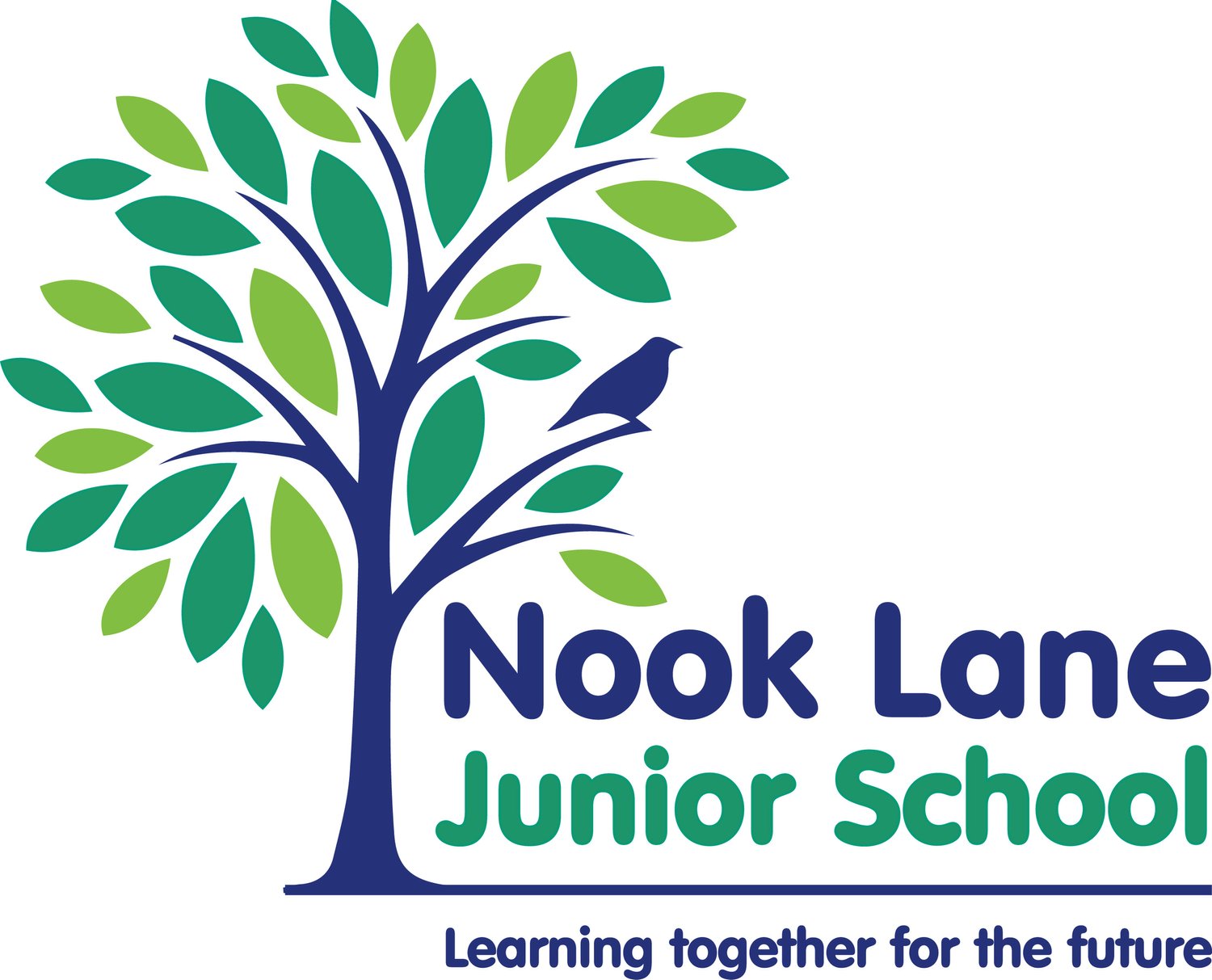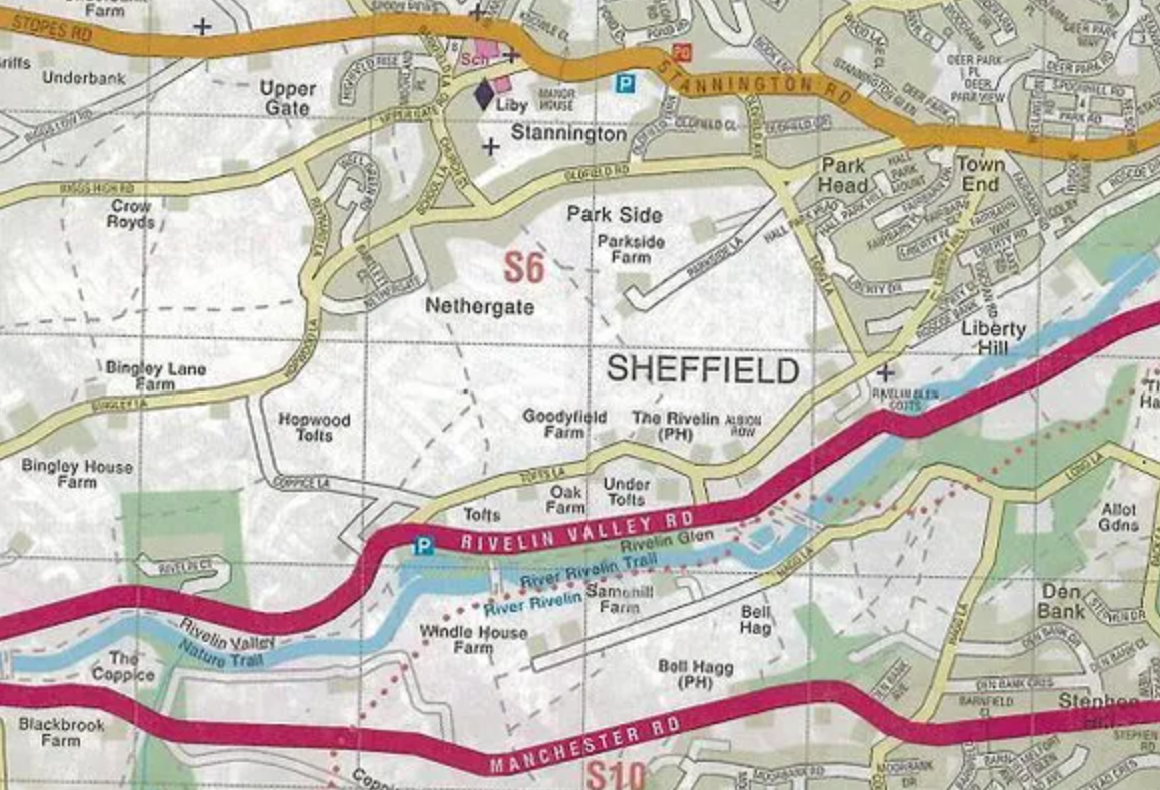
“Geography is a subject that holds the key to our future.”
Michael Palin
Geography vision
At Nook Lane Junior School, we aim for children to receive high-quality Geography lessons that enable them to gain a coherent knowledge and understanding of the physical properties of the earth in which we live and its atmosphere. Children will study different places across the world and the relationship between people and their environment.
We aim to inspire children and to ignite their curiosity so that they ask questions about places, people and the environment. We want pupils to think comparatively and inquisitively, to share their own ideas and develop Geographic skills in a variety of different ways using a well-developed Geography vocabulary.
Our children will explore where things are found, why they are there, and how they develop and change overtime. We will encourage children to consider the impact of both human and physical features and how these can shape a location. All children at Nook Lane will participate in exciting fieldwork trips where they can collect, analyse and communicate information and data as well as experiencing and practising important Geography skills which will develop and embed our key Geography concepts.
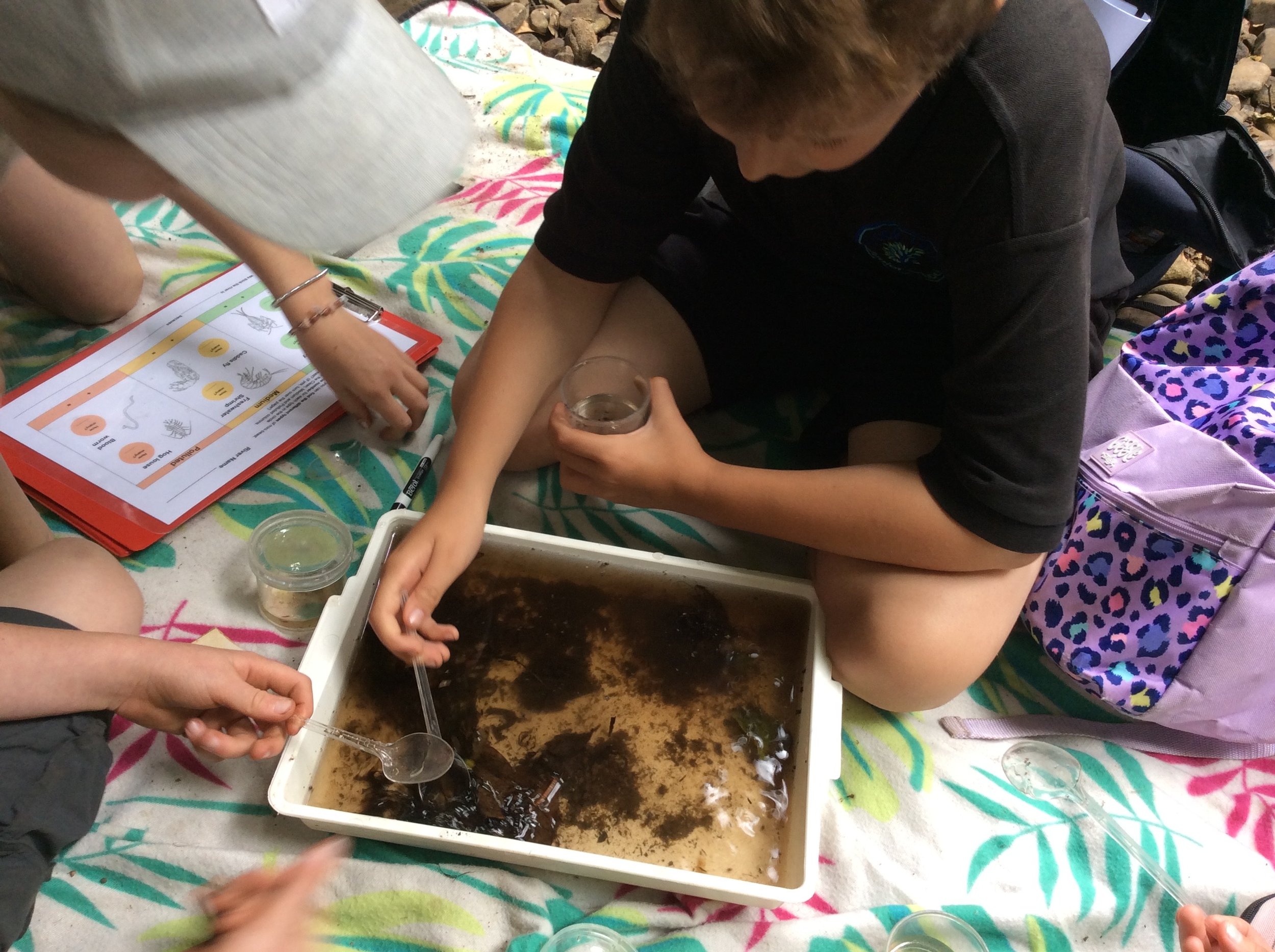
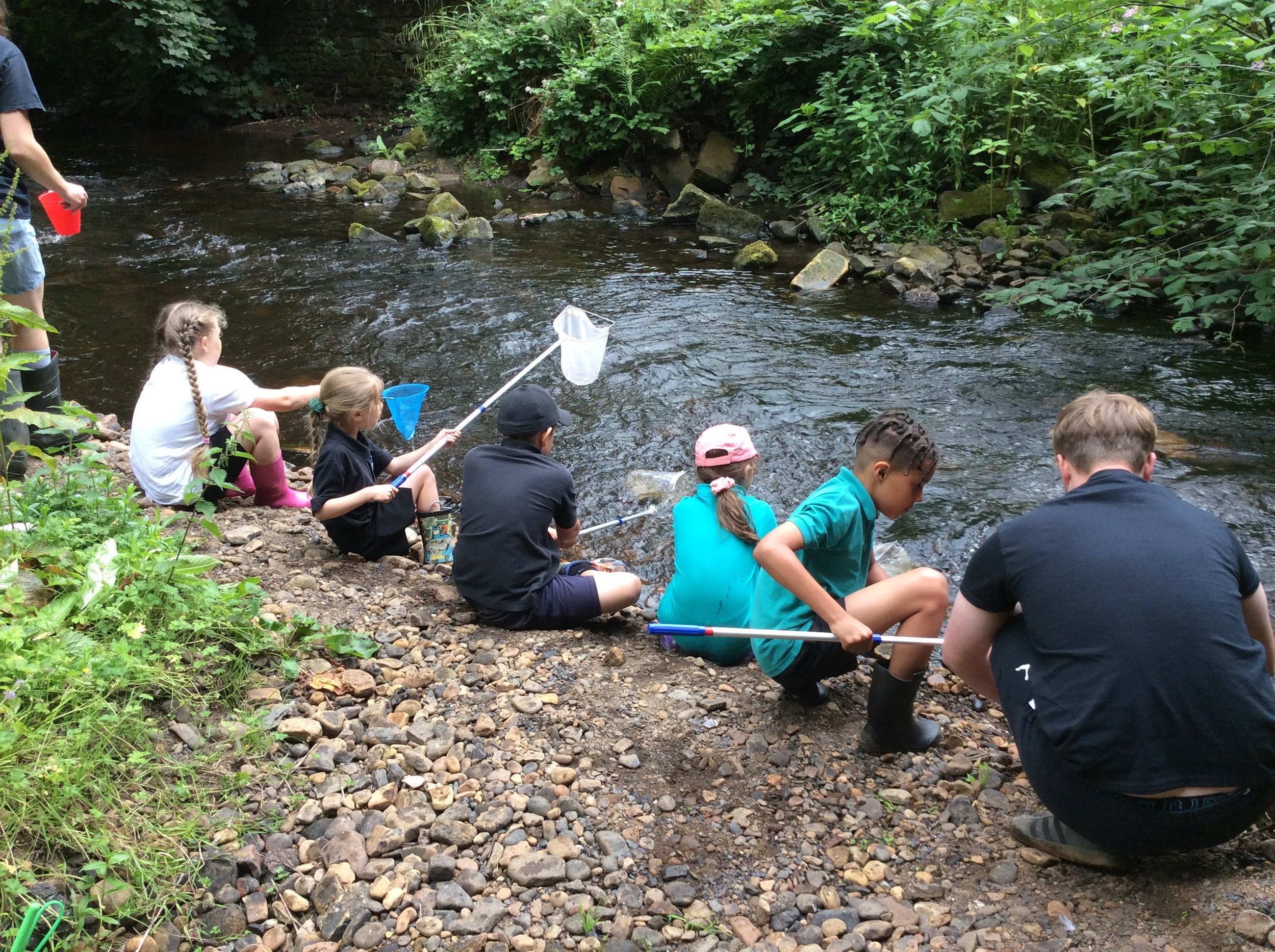
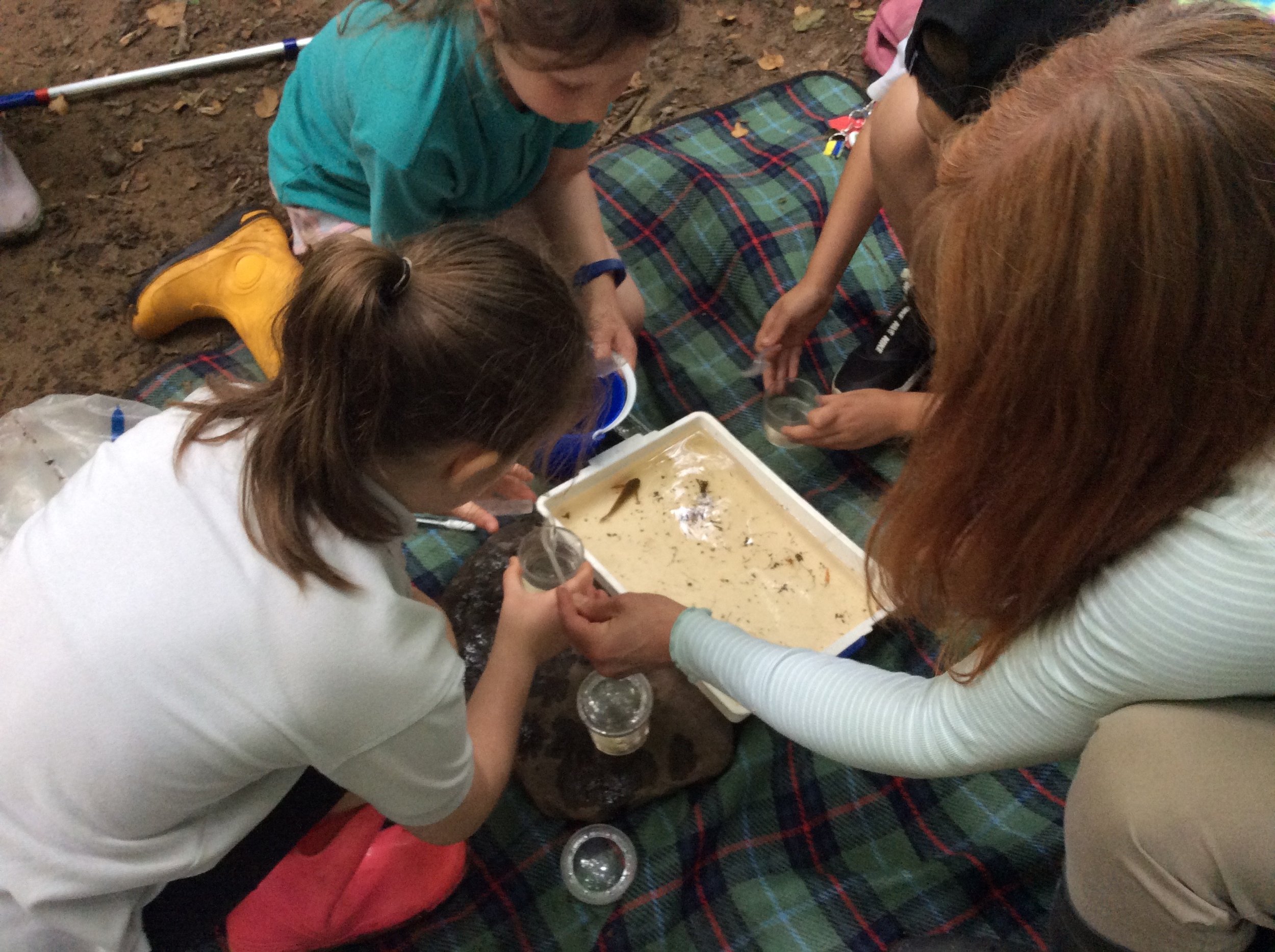
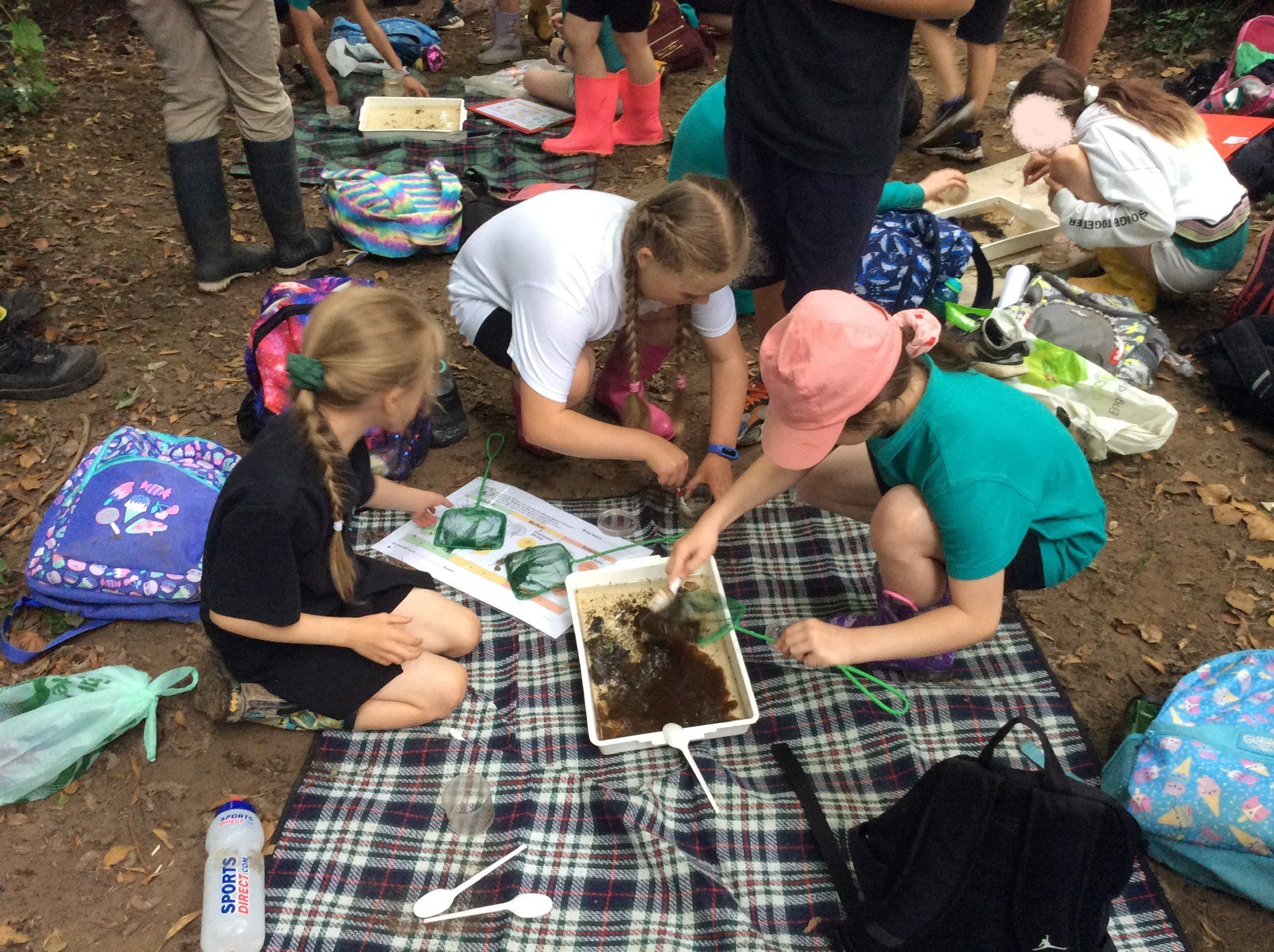
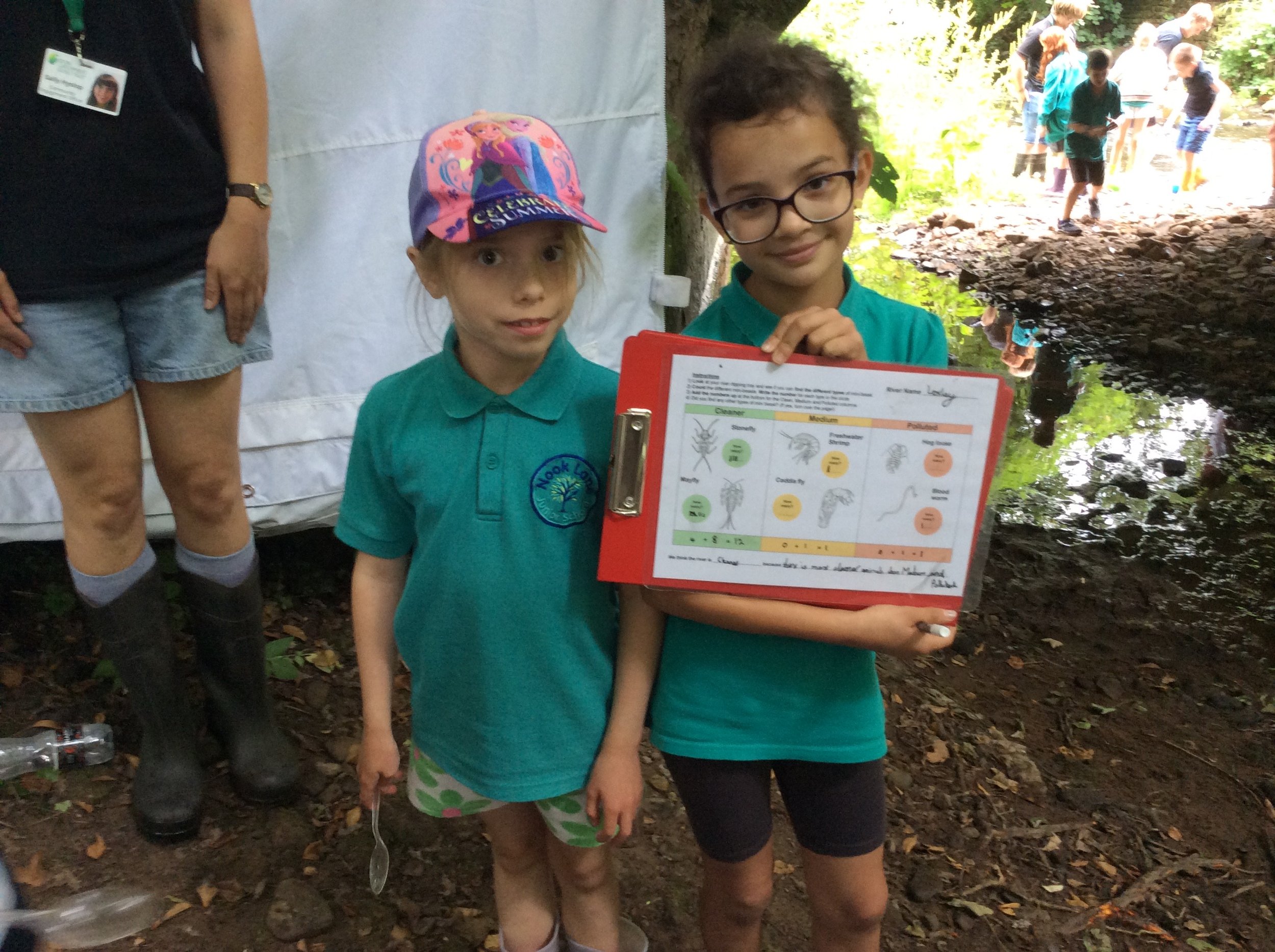
Building knowledge sequentially
At Nook Lane Junior School, we aim to develop geographical by building on substantive geographical knowledge. Drawing from the breadth of concepts gives pupils the knowledge they need to appreciate the whole domain of geography. To develop children’s knowledge we focus on five main areas:
locational knowledge
place knowledge and understanding
knowledge of environmental, physical and human geography processes
Fieldwork skills
Geographical skills
Within these areas we develop a range of Geographical concepts including the following: place, space, scale, interdependence, physical and human processes, environmental impact, sustainable development, cultural awareness and cultural diversity.
We aim for children appreciate what it means to be a geographer by asking geographical questions such as ‘why is this place like this?’, ‘how is this place changing?’ and ‘how are other places affected?’
Making it stick!
To ensure knowledge ‘sticks’ and we develop children’s long-term memory, we endeavour to return to specific substantive concepts such as throughout different units of Geography within the framework of the 4 key areas of locational knowledge: place knowledge and understanding, knowledge of environmental, physical and human geography. This revisiting of abstract concepts such as ‘place’ and ‘space’ enables children to layer-up their knowledge over time and gain a depth of understanding so they can build a deeper schema of knowledge. We build knowledge sequentially and progressively in the 4 key areas areas year-on-year.
To develop their fingertip knowledge, children start all Geography lessons by completing flash backs and low stakes quizzes involve children recalling key knowledge from prior learning.
Flashback
Low-stakes quizes
Geography overview of learning
Geography units have been mapped out across the year to ensure children cover the appropriate curriculum. Within our unit plans, Geography knowledge and skills are mapped-out progressively within each year group ensuring that children make progress in their skillset year-on-year.
Geography Leadership
If you have any questions about our history curriculum, please contact Mrs Lindley our history leader.
